Situation in Kosovo far from safe and stable - FM
Serbia has tried to constructively contribute to a solution for Kosovo and and is ready to continue to talk with all interested parties in that spirit.
Thursday, 15.11.2018.
09:21
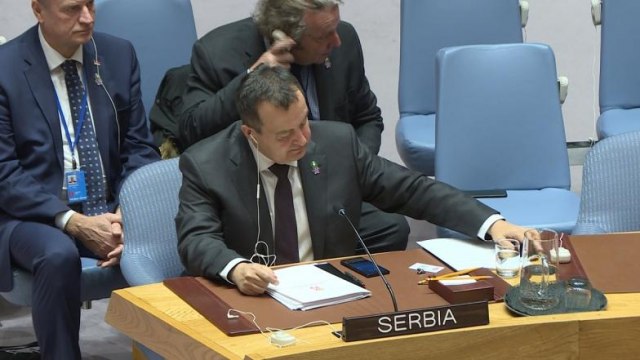
Situation in Kosovo far from safe and stable - FM
Speaking at the session at which the report of the UN secretary-general on the work of UNMIK from July 15 to October 15, but also from April 16 to July 15, was examined, Dacic voiced dissatisfaction over the decision of the United Kingdom as chair country not to include the topic of Kosovo and Metohija into the program of work of the Security Council in the previous period, the Serbian government said.The conflict is far behind us, but we are also far from a stable and safe situation that no longer requires the attention of this body, Dacic said, adding that with regret he can conclude that nothing positive has really happened since the last session of the Security Council – the Community of Serb Municipalities (ZSO), which is the pillar of the Brussels agreement, has not been established for more than 2,000 days, conditions have not been created for the return of 200,000 internally displaced persons, the Special Court has not started with work, and almost a year after the murder of Oliver Ivanovic the perpetrator of that heinous crime has not been found.
"None of this happened. And it is hard to say anything positive about the things that did happen, and which are a gross violation of the Resolution adopted by this respected body, new provocations and new incidents," the minister said.
Dacic referred to the laws of the so-called Kosovo Assembly, which will practically enable the transformation of the Kosovo police into armed forces, which Serbia explicitly opposes, then to preventing President Vucic from visiting the town of Banje and to the incursion of special police forces at Lake Gazivode, as the most drastic example of provocation.
Pristina, in an act of desperation introduced last week an additional 10 percent tax on products from Serbia as a punishment for our foreign policy activities, thus violating in the harshest way the rules of CEFTA which it currently chairs, and which was strongly condemned by all international actors, including the EU, Dacic underlined.
Instead of focusing on dialogue, Pristina is focused on trying to gain membership in international organisations, thinking that thus it will prove its statehood, without realizing that this is not the path that leads to any solution. On the contrary, the unfoundedness of its demands and their direct opposition to the basic principles of international law only lead to the politicization of these organizations, division and unnecessary waste of energy.
"Serbia is most sincerely interested in reaching a compromise on the issue of Kosovo and Metohija. We are determined to find a mutually acceptable solution. Such a solution cannot be found without the agreement between Belgrade and Pristina, but without your support either," Dacic said.
Who was in Serbia's corner, and who wasn't
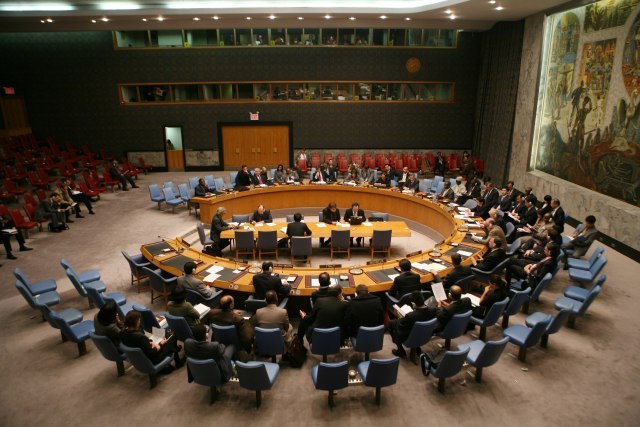
"The stories about some about the ideal situation in Kosovo do not impress us at all," the Russian representative said, adding that six years after the signing of the Brussels agreement, the Community of Serb Municipalities has not been formed, that Pristina blocked the process, while Belgrade fulfilled all its obligations.
As he pointed out, as soon as proposals for resolving the Kosovo issue arrived recently from Belgrade, the Albanian side used it to launch provocations and pretensions to the south of central Serbia, and the provocations also include the decision on additional tax on goods coming from Serbia and Bosnia-Herzegovina, which is a violation of the regional free agreement CEFTA.
According to the Russian representative, the situation in Kosovo is worrying, and possible re-emergence of the conflict would have catastrophic consequences for the entire region. He assessed that Pristina's behavior during the visit of the president of Serbia to Kosovo and the arrival of Kosovo President Hashim Thaci to Gazivode was nothing but provocation, while the storming into the north b the armed forces was a violation of all existing agreements.
He also referred to Pristina's plans to transform the Kosovo security forces, KPS, into the armed forces, stating that such a thing would represent a violation of Resolution 1244. "Pristina already says that a garrison will go to the north, which is a road to conflict," the Russian representative said. The special court for the crimes of the former KLA has not yet started to work, he remarked.
The final solution must be mutually acceptable and have an international legal form and support from the international community, the Russian diplomat said, and stressed that the Security Council sessions dedicated to Kosovo should not be made fewer, and that the attention of the UN towards Kosovo should not be reduced.
China respects the territorial integrity and sovereignty of Serbia, said the country's ambassador to the UN Security Council this month. He said that Beijing welcomed the commitment of Belgrade and Pristina to normalize dialogue and calls for the implementation of the agreements reached.
UK's ambassador, as well as the representative of the US, spoke in favor of holding fewer sessions dedicate to Kosovo, and supported Pristina's membership in Interpol - something Serbia is strongly opposed to.
The US representative said that "now is the time for both sides to be flexible in order to reach a compromise." He added that the United States will support the talks in every possible way, and that it will "seriously consider" any agreement that is durable and applicable "in both countries" and encourages stability.
He added that the US supports the gradual and transparent transition of Kosovo security forces into a multi-ethnic army, which will be part of NATO. "We strongly support Kosovo's membership in all relevant international organizations, including the UN and Interpol," the US representative said.
"One of central points"
UNMIK Chief Zahir Tanin stated before the UN Security Council that, although one should not overlook the progress that has been made in the talks since 2013, the key to progress on the ground is the implementation of what had been agreed, with the founding of the Community of Serb Municipalities (ZSO) being one of the central points.Tanin cited "the laws about forming the army of Kosovo and the newly imposed Kosovo's customs duties on goods from Serbia and Bosnia-Herzegovina, as moves that had additionally raised tension."
Acts that are attempts to prejudge the outcome of the agreement do not contribute to reaching a political compromise. Whether there are minor or major issues in question, unilateral acts carry the constant potential for igniting the situation in the field, Tanin said.
However, the UNMIK chief welcomed the desire for continuing the dialogue expressed by Serbian President Aleksandar Vucic and Kosovo President Hashim Thaci.
Still, he said, every political process requires the consent of the societies it is related to.












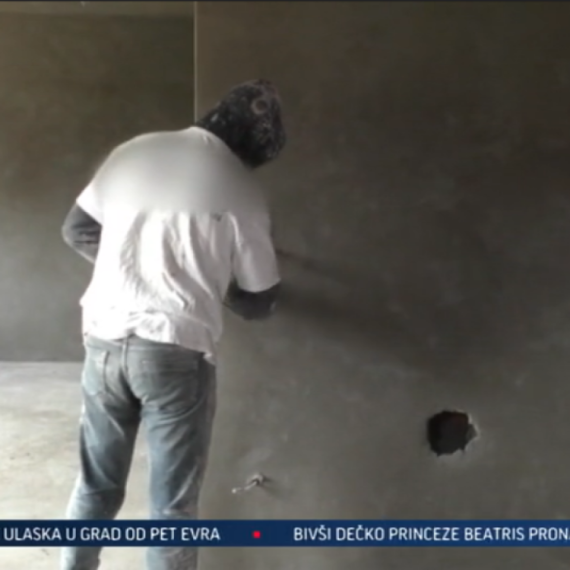
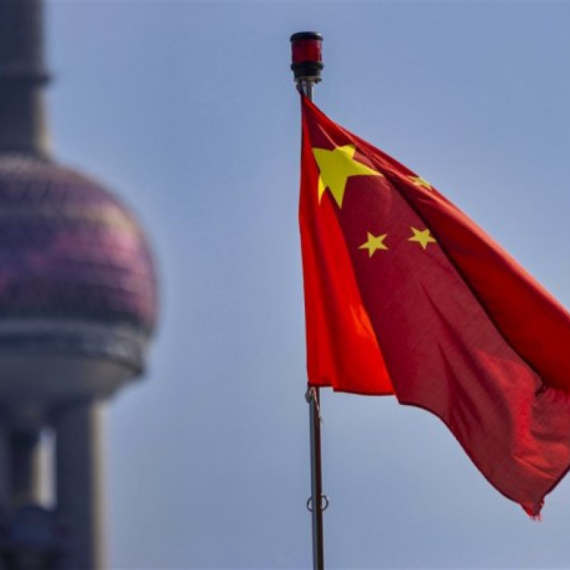



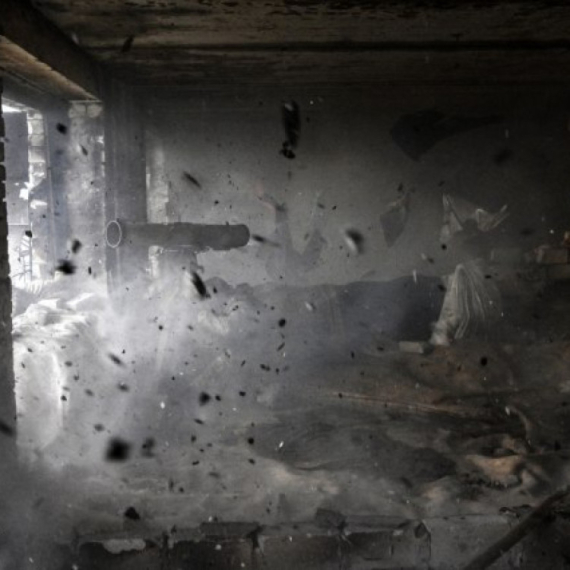


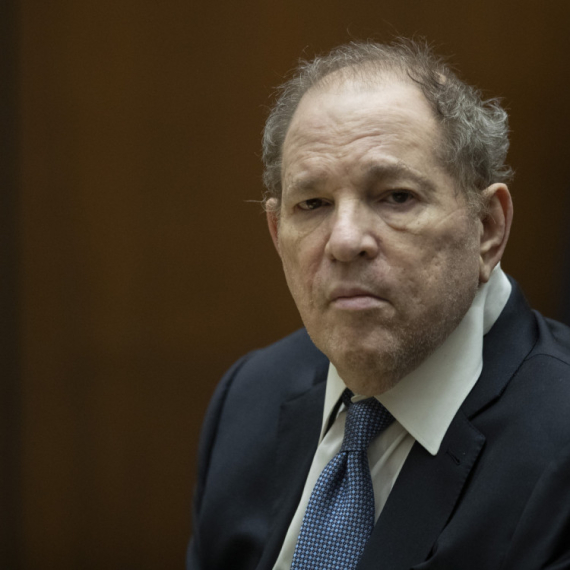






































Komentari 16
Pogledaj komentare